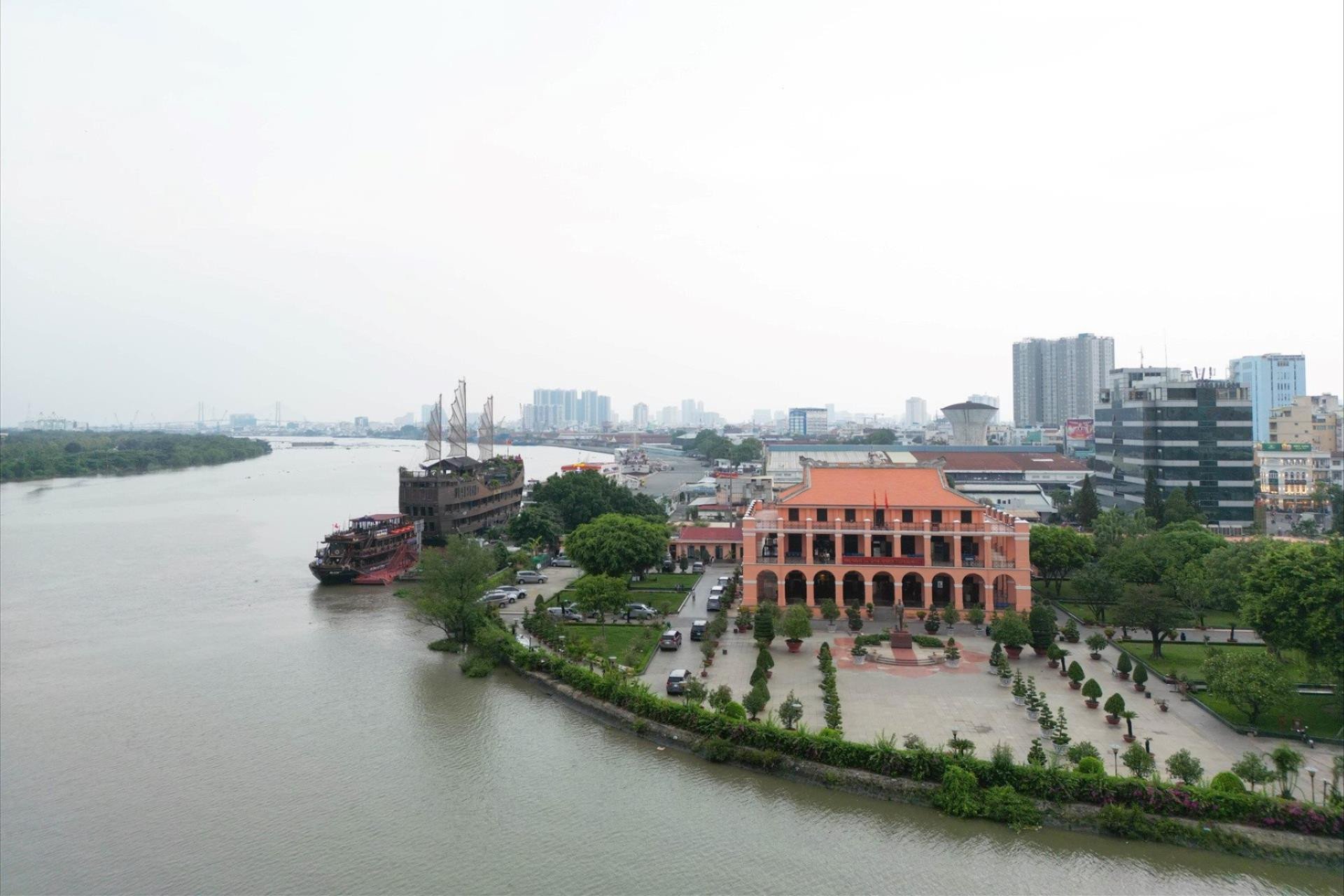
On June 5, 1911, with the new name Van Ba, young man Nguyen Tat Thanh left Nha Rong port, starting a journey to find a way to save the country.
During the 10 years from 1911 to 1920, he took advantage of every opportunity to travel to many places in the world . The success of the Russian October Revolution in 1917 had a great influence on his feelings and awareness. In early 1919, he joined the French Socialist Party. On June 18, 1919, under the name Nguyen Ai Quoc, he represented Vietnamese patriots in France and sent a petition to the Versailles Conference asking for freedom, democracy, and national equality for the people of Annam. The petition resonated greatly in French public opinion, awakening the fighting spirit of the colonies; at the same time, it gave him the awareness that nations wanting to be liberated could only rely on their own strength.
In July 1920, Nguyen Ai Quoc read "The first draft of theses on the national and colonial questions" by V. Lenin published in the French newspaper L'Humanité. Lenin's theses came to Nguyen Ai Quoc as a new light illuminating the path to national salvation that the patriotic youth was seeking. Lenin's theses helped Nguyen Ai Quoc clearly define the path to national salvation along the proletarian revolutionary trajectory. At the 18th Congress of the French Socialist Party, Nguyen Ai Quoc voted in favor of the Third International and participated in founding the French Communist Party. He became the first Vietnamese communist overseas. With this event, a new stage of revolutionary activities, a new path of struggle to realize Nguyen Ai Quoc's ambition of national liberation and liberation of the colonial people began. This was a milestone marking a qualitative change in his ideological awareness and political stance from a patriotic youth to a communist.
Starting a new stage, Nguyen Ai Quoc not only fought for the liberation of his own people, but also for the liberation of colonial peoples and working humanity. Determining that the national liberation revolution in colonial countries belonged to the category of proletarian revolution, an integral part of the world revolutionary cause, Nguyen Ai Quoc emphasized the influence and close connection between the revolution in colonies and the revolution in the mother country. Also from theoretical and practical research activities, Nguyen Ai Quoc pointed out the important issue for the colonial countries in the East: the struggle for national independence. Only with national independence can we carry out the socialist revolution and build socialism. Nguyen Ai Quoc pointed out that the cause of national liberation in colonial countries was closely linked to the cause of liberating the working class and liberating society. Both of those revolutions were the cause of socialist revolution.
"In that thesis there were some difficult political words. But after reading it over and over again, I finally understood the main part. Lenin's thesis made me so moved, excited, clear, and confident! I was so happy that I cried. Sitting alone in my room, I spoke aloud as if I were
said before the large crowd: “My suffering compatriots! This is what we need, this is the path to our liberation!” From then on, I was completely
believe in Lenin, believe in the Third International".Nguyen Ai Quoc
Actively prepare for the Vietnamese revolution
From 1921 to 1930, Nguyen Ai Quoc tried his best to spread Marxism-Leninism to the workers' movement and the Vietnamese patriotic movement, preparing the theory for the birth of the Communist Party of Vietnam. With the works "The Verdict of the French Colonial Regime" and "The Revolutionary Path", especially the publication of the Thanh Nien newspaper on June 21, 1925, he prepared the political path to move towards the establishment of the Party. During this time, he also focused on preparing the organization and cadres through the establishment of the Vietnam Revolutionary Youth Association (1925) and organizing many cadre training courses and sending them to study in the Soviet Union...
From February 3 to 7, 1930, in Kowloon, Hong Kong, China, under the chairmanship of comrade Nguyen Ai Quoc, the conference merged three communist organizations in Vietnam, namely the Indochina Communist Party, the Annam Communist Party, and the Indochina Communist Federation, into a single party, the Communist Party of Vietnam. The birth of the Communist Party of Vietnam is associated with the name, intelligence, prestige, revolutionary ethics and unique creativity of Nguyen Ai Quoc on the basis of applying Marxism-Leninism to the specific conditions of Vietnam. The birth of the Communist Party of Vietnam, the Vietnamese revolution entered a new and extremely glorious period in the history of the struggle for national independence.
On January 28, 1941, Nguyen Ai Quoc took his first steps back to the Fatherland at milestone 108 Ha Quang, Cao Bang. In May 1941, he convened and chaired the 8th Conference of the Central Executive Committee. The conference identified national liberation as the most urgent task of the Indochina revolution. The completion of the revolutionary path for national liberation, raising high the flag of independence and freedom, and establishing a democratic republican regime suitable to the new situation demonstrated the independent, autonomous thinking, scientific correctness, and revolutionary creativity of the 8th Central Conference under the leadership of Nguyen Ai Quoc. The timely and ingenious decisions of Nguyen Ai Quoc and the Party Central Committee at this conference became one of the important factors, contributing greatly to the success of the August Revolution in 1945.
On September 2, 1945, on behalf of the Provisional Government, President Ho Chi Minh read the "Declaration of Independence", giving birth to the Democratic Republic of Vietnam. The "Declaration of Independence" is a legal document of special value, affirming to the world the birth of a modern Vietnam, ending the reactionary feudal dictatorship, ending hundreds of years of slavery, opening a new page of history for the Vietnamese people, independence and freedom. It is the result of a journey to find a way to save the country and the revolutionary struggle of President Ho Chi Minh.
The success of the August Revolution in 1945 transformed the Vietnamese people from slaves to citizens of an independent country, opening an era of independence, freedom and socialism. Under the leadership of the Party with the guiding light of Marxism-Leninism and Ho Chi Minh Thought, our people went from victory to victory in the two resistance wars against France and the US and in building and defending the Fatherland.
Commemorating the 112th anniversary of Uncle Ho's departure to find a way to save the country (June 5, 1911 - June 5, 2023), remembering him, the Party Committee, government and people of all ethnic groups in Dak Nong province vow to forever follow the path that the Party and Uncle Ho chose. Dak Nong promotes the study and following of Ho Chi Minh's ideology, morality and style with specific and practical actions, determined to successfully implement the Resolution of the 12th Dak Nong Provincial Party Committee.
Source




![[Photo] General Secretary To Lam attends the 8th Congress of the Central Public Security Party Committee](https://vphoto.vietnam.vn/thumb/1200x675/vietnam/resource/IMAGE/2025/10/4/79fadf490f674dc483794f2d955f6045)
![[Photo] Solemn opening of the 8th Congress of the Central Public Security Party Committee, term 2025-2030](https://vphoto.vietnam.vn/thumb/1200x675/vietnam/resource/IMAGE/2025/10/4/f3b00fb779f44979809441a4dac5c7df)
![[Photo] Bustling Mid-Autumn Festival at the Museum of Ethnology](https://vphoto.vietnam.vn/thumb/1200x675/vietnam/resource/IMAGE/2025/10/4/da8d5927734d4ca58e3eced14bc435a3)

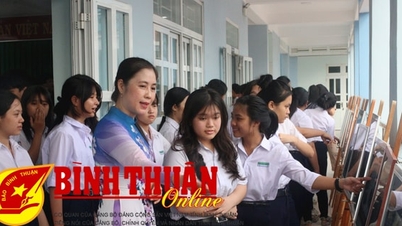


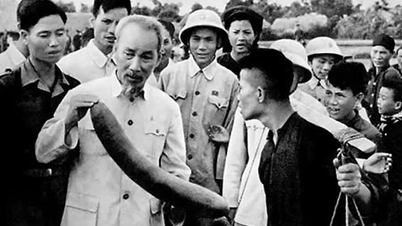

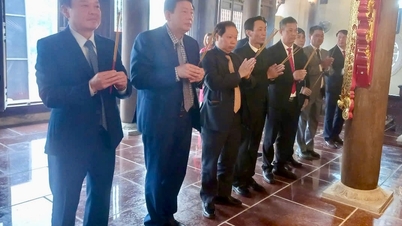
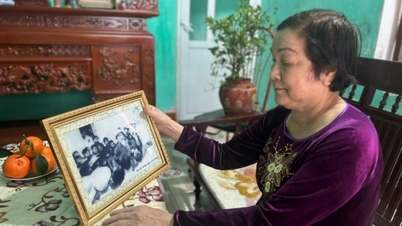
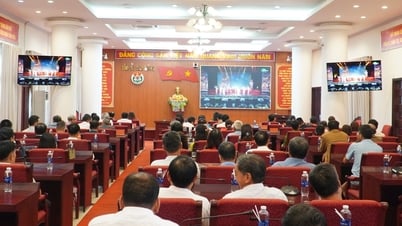

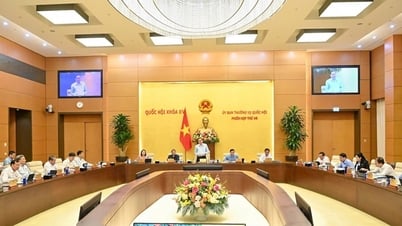


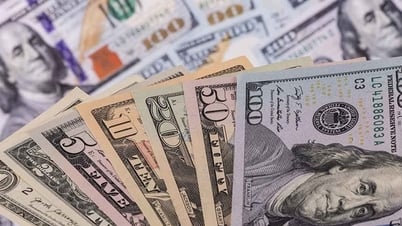









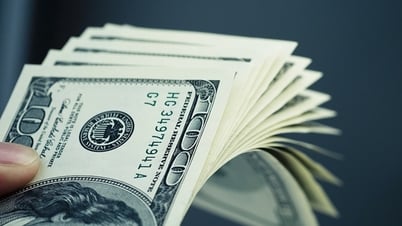


























![[VIDEO] Summary of Petrovietnam's 50th Anniversary Ceremony](https://vphoto.vietnam.vn/thumb/402x226/vietnam/resource/IMAGE/2025/10/4/abe133bdb8114793a16d4fe3e5bd0f12)

![[VIDEO] GENERAL SECRETARY TO LAM AWARDS PETROVIETNAM 8 GOLDEN WORDS: "PIONEER - EXCELLENT - SUSTAINABLE - GLOBAL"](https://vphoto.vietnam.vn/thumb/402x226/vietnam/resource/IMAGE/2025/7/23/c2fdb48863e846cfa9fb8e6ea9cf44e7)















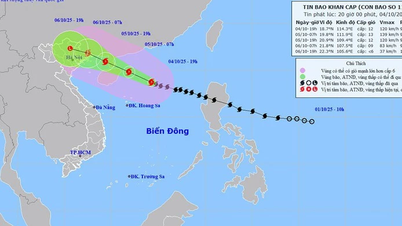

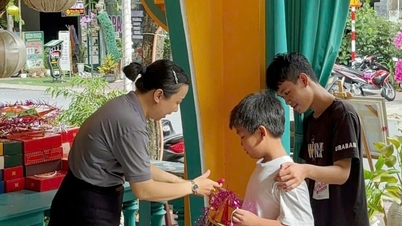















Comment (0)